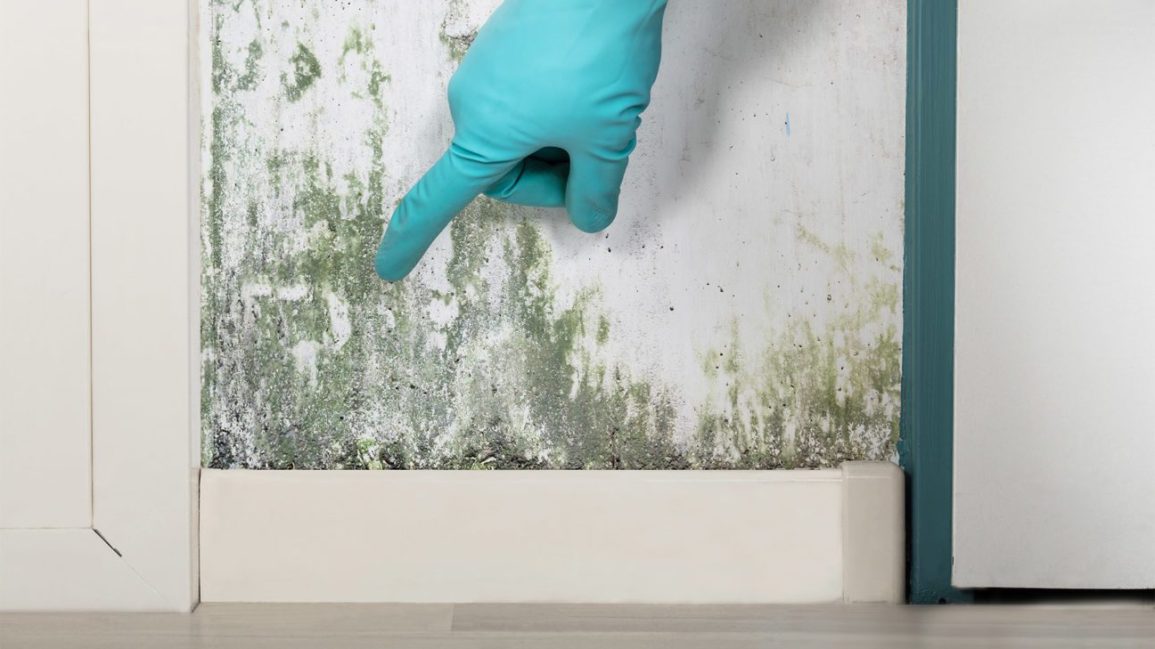- By Mark Weiss
- January 19, 2021
- Mold
Mold is one of the most common issues homeowners face. It is ugly in appearance and is a detriment to the indoor air quality. This can lead to health problems, especially for those with preexisting conditions such as asthma. Should you run the other direction if you come across a home with mold in it? Not necessarily, yet this could be a tall-tell sign that there may be much larger issues existing with the home besides mold.
What Causes Mold?
Mold is a fungus that grows on surfaces in damp, moist environments and produces spores, expanding the reach 0f the substance. Some common reasons for mold growth can be a direct result of flooding, or puddling of water due to improper plumbing, gutters, roofing, or even a washing machine backing up. It is almost scary to think about, but there are 10,000 different species of mold, yet fortunately only 5 of them are commonly found indoors. Some steps that can be done to prevent mold are:
- Control moisture within home (less than 60% humidity)
- Dry up wet spots (spills, floods, etc.)
- Repair leaks (gutters, roofs, windows)
- Thoroughly dry items before storing them
- Improve airflow within the home
How Do I Get Rid Of Mold?
People often say that bleach can get rid of mold, yet that is not the truth. Although the chemicals in bleach can hide the appearance of mold, this actually triggers the mold spores to intrude deeper into the surface, increasing the difficulty for remediation on your own. Although there are many over-the-counter (OTC) products that are meant for mold removal, there are many different natural solutions you can make at home. These are the go-to solution for households that have young children or pets. Opening up your pantry or cabinets, you would be surprised that you can use products like baking soda and vinegar to create the right product to remove mold. By following these tips, you can become one step closer to having a mold-free home.
What Can Mold Do To My Health?
Mold is that problem that we hate to admit that we have once had or currently have where we live. The spores that the mold produces cause health problems, most commonly wheezing, itchy or watery eyes or skin, stuffy nose, and trouble breathing for those with severe mold allergies. Extended exposure to mold can be linked to asthma and infections of the lungs for immune compromised people. If you believe that your home may have mold, contact a Greenville Home Inspector that specializes in mold inspection and testing. This way you can determine whether the substance is for sure mold, and receive advisement on the type and next steps to take.


 Dennis
Dennis German
German Chiness
Chiness